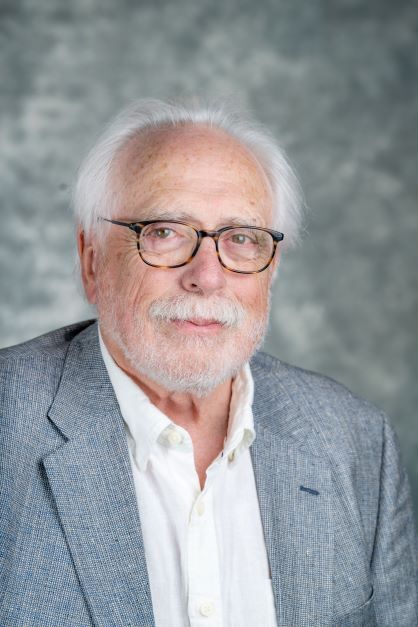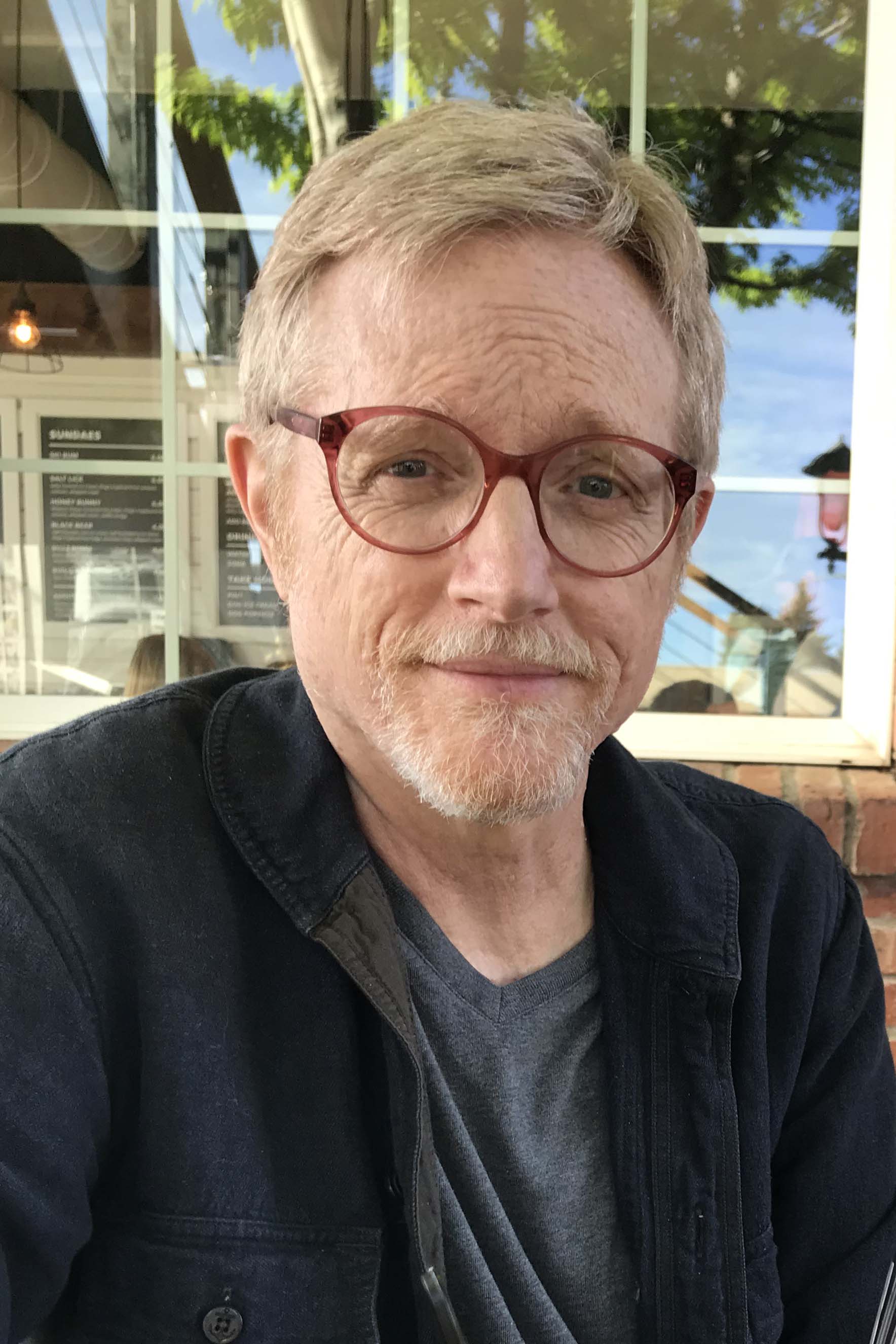
Moving Beyond the Barriers of Treating Opioid Use Disorder - June 17, 2021
- Registration Closed

Host: Montana Primary Care Association
Thursday, June 17, 2021 | 11:00am - 2:00pm ET / 9:00am - 12:00pm MT
Live Virtual Course
Overview
This 2.5-hour live virtual course provides a deeper dive into implementing office-based treatment for opioid use disorder and addresses moving beyond common barriers that prevent DEA-waivered clinicians from successfully treating patients with OUD.
Moving Beyond the Barriers of Treating Opioid Use Disorder is case-based, interactive, virtual-live course that addresses moving beyond common barriers that prevent DEA-waivered clinicians from successfully treating patients with OUD. Common barriers related to implementing office-based treatment and patient care will be discussed, as well as how to address these barriers.
The target audience for this introductory and intermediate course include: Healthcare providers who have not yet implemented their waiver or providers who face barriers to implementing their waiver.
This course addresses the following ACGME Competencies: Patient Care and Procedural Skills and Medical Knowledge.
Learning Objectives
- Recognize common barriers and challenges to implementing treatment of opioid use disorder (OUD)
- Apply evidence-based practices to overcome obstacles to treatment of opioid use disorder (OUD)
- Identify strategies to meet patient care needs with available resources to ensure continuity of care
Registration Rates
| ASAM Learner Type | Rate |
| ASAM Member | $0 |
| Non-Member | $0 |
| Associate Member | $0 |
| Resident Member* | $0 |
| Student Member* | $0 |
(*) Residents, Fellows-in-training, Interns, and Students must join ASAM to receive a discounted registration rate.
Click here to become an ASAM member.
*Residents, Fellows-in-training, Interns, and Students must join ASAM to receive a discounted registration rate. Click here to become an ASAM member. National and Chapter membership dues apply. There is no charge for Students to become a Member, but verification of student status is required.
Membership Question? Call ASAM at 1.301.656.3920, email us, or view the email us, or view the email us, or view the ASAM website for more information.
Refunds & Cancellations
All ASAM e-Learning Center refund requests must be made in writing to education@asam.org within 90 days of purchase. Those requesting refunds for courses that are in progress will receive partial refunds or e-Learning Center credit. Automatic full refunds will be made for any course with a live-course component that has been cancelled.
Registration Deadline: 06/17/2021
Course Instructions
- Click the Contents tab and select Attend Live Course. After live course has completed, return to the Contents tab.
- Click Complete Post Test to answer quiz questions. After completing the quiz, return to the Contents tab. Passing rate is 2 out of 3 questions answered correctly.
- Click Complete Evaluation to answer evaluation questions. Scroll down on all questions, there are answers that expand past the size of the window. Submit the evaluation (the next box should activate, and the evaluation box should turn green with a white check mark).
- Click Complete Presenter Evaluation to answer evaluation questions pertaining to the presenter(s). Scroll down on all questions, there are answers that expand past the size of the window. Submit the evaluation (the next box should activate, and the evaluation box should turn green with a white check mark).
- Click the button Claim Medical Credits in the box titled Claim Credits & Certificate. Choose the type of credit and click submit. Click the button View/Print Certificate to save or print your certificate. If you ever lose your certificate, you can come back to the ASAM e-Learning Center and view it on your transcript (found in the Dashboard).
- Click on the other tabs to view information on the presenters, credit and disclosures, and resources related to the course.
Need Assistance?
If you have are experiencing any log in issues, cannot access a course, need assistance claiming credit, or have other questions or concerns, please e-mail Education@asam.org for assistance.
For learners who may have difficulty typing, moving a mouse or reading, Essential Accessibility is an application available for use to assist.

Daniel Nauts
MD, FASAM
Dr. Nauts, MD, FASAM completed his undergraduate and medical education at the University of Michigan and joined an internal medicine group practice in Bellingham, Washington. He left general internal medicine to develop his Addiction Medicine practice; since that time, he has been instrumental in the creation of 3 inpatient programs for those suffering with substance use and co-occurring disorders, outpatient SUD programs, and medication assisted treatment services.
No relevant financial disclosures

Robert Sherrick
MD, FASAM
Dr. Robert Sherrick, MD, FASAM, is Chief Medical Officer for Community Medical Services, a company that serves patients through its 30 Opioid Treatment Programs in 8 different states. Dr. Sherrick completed medical training and residency in Internal Medicine at George Washington University. After 5 years on the faculty at George Washington,he moved to Montana to join a private practice in Internal Medicine. Since 1994, Dr. Sherrick has worked at an inpatient addiction treatment facility, Pathways, where he has treated all forms of Substance Use Disorders and has served as the CD Medical Director. Dr. Sherrick has been providing Medication Assisted Treatment for Opioid Use Disorder since 2003, initially in an office setting using buprenorphine and naltrexone. In 2009, Dr. Sherrick closed his private practice and moved to VA Montana. Over the next 7 years at VA Montana he developed a state-wide MAT program that was one of the first uses of telemedicine for providing MAT to rural areas. Dr. Sherrick has been working for Community Medical Services since 2010, providing MAT services with methadone, buprenorphine, and naloxone as well as serving as Northern Medical Director. He has been Chief Medical Officer for the last year. He is currently the President of the Northwest Chapter of ASAM. He is Board Certified in Addiction Medicine through the American Board of Preventative Medicine.
No relevant financial disclosures.
Credits and Disclosures

ACCME Accreditation Statement
The American Society of Addiction Medicine is accredited by the Accreditation Council for Continuing Medical Education (ACCME) to provide continuing medical education for physicians.
AMA Credit Designation Statement
The American Society of Addiction Medicine designates this live activity for a maximum of 2.5 AMA PRA Category 1 CreditsTM. Physicians should claim only the credit commensurate with the extent of their participation in the activity.
NAADAC, the Association for Addiction Professionals
This activity has been approved by the American Society of Addiction Medicine, as a NAADAC Approved Education Provider, for educational credits. NAADAC Provider #295, ASAM is responsible for all aspects of the programming.
National Board for Certified Counselors ACEP
The American Society of Addiction Medicine has been approved by NBCC as an Approved Continuing Education Provider, ACEP No. 7062. Programs that do not qualify for NBCC credit are clearly identified. The American Society of Addiction Medicine is solely responsible for all aspects of the programs.
California Association for Drug/Alcohol Educators (CAADE)
This educational program is approved by CAADE: #CP40 999 1222
California Association of DUI Treatment Centers (CADTP)
This educational program is approved by CADTP: #205
California Consortium of Addiction Programs and Professionals (CCAPP)
This educational program is approved by CCAPP: #OS-20-330-1222
Continuing Education Credits (CEUs)
Non-physician participants will receive a certificate of attendance upon completion of the activity and an online evaluation confirming their participation. Participants should submit his/her certificate of attendance to their professional organization/institute.
Maintenance of Certification
American Board of Medical Specialties MOC Approval Statement
Through the American Board of Medical Specialties (“ABMS”) ongoing commitment to increase access to practice relevant Continuing Certification Activities through the ABMS Continuing Certification Directory, Moving Beyond the Barriers of Treating Opioid Use Disorder has met the requirements as a MOC Part II CME Activity (apply toward general CME requirement) for the following ABMS Member Boards: Anesthesiology, Family Medicine, Physical Medicine and Rehabilitation, Preventive Medicine, Psychiatry and Neurology, Radiology
American Board of Preventive Medicine (ABPM)
The American Board of Preventive Medicine (ABPM) has approved this activity for a maximum of 2.5 LLSA credits towards ABPM MOC Part II requirements.
American Board of Anesthesiology (ABA)
This activity contributes to the CME component of the American Board of Anesthesiology’s redesigned Maintenance of Certification in Anesthesiology TM (MOCA®) program, known as MOCA 2.0®.
American Board of Pediatrics (ABP)
Successful completion of this CME activity, which includes participation in the activity, with individual assessments of the participant and feedback to the participant, enables the participant to earn a maximum of 2.5 MOC points in the American Board of Pediatrics’ (ABP) Maintenance of Certification (MOC) program. It is the CME activity provider’s responsibility to submit participant completion information to ACCME for the purpose of granting ABP MOC credit.
American Board of Internal Medicine (ABIM)
Successful completion of this CME activity, which includes participation in the evaluation component, enables the participant to earn up to 2.5 Medical Knowledge MOC points in the American Board of Internal Medicine’s (ABIM) Maintenance of Certification (MOC) program. Participants will earn MOC points equivalent to the amount of CME credits claimed for the activity. It is the CME activity provider’s responsibility to submit participant completion information to ACCME for the purpose of granting ABIM MOC credits.
American Board of Surgery (ABS)
Successful completion of this CME activity, which includes participation in the evaluation component, enables the learner to earn credit toward the CME and/or Self-Assessment requirements of the American Board of Surgery’s Continuous Certification program. It is the CME activity provider's responsibility to submit learner completion information to ACCME for the purpose of granting ABS credit
American Board of Psychiatry and Neurology (ABPN)
Successful completion of this CME activity can be used to satisfy the American Board of Psychiatry and Neurology’s (ABPN) CME requirement for Maintenance of Certification program.
Royal College of Physicians and Surgeons of Canada (RCPSC)
ASAM’s courses now meet the requirements for Royal College Fellows to earn Maintenance of Certification (MOC) Program Section 3 credits by participating in accredited continuing medical education (CME) activities that meet MOC requirements.
American Board of Addiction Medicine (ABAM)
Successful completion of this activity can be used to satisfy the American Board of Addiction Medicine (ABAM) for Tmoc as credits towards ABAM LLSA Part II requirements.
CME Reviewer and Disclosure Information
ASAM CME Committee Reviewer
R. Jeffrey Goldsmith, MD, DLFAPA, DFASAM - No Financial Disclosures
Program Planning Committee, CME Committee, Medical Education Council (MEC), and Faculty Disclosure Information
In accordance with disclosure policies of ASAM and the ACCME, the effort is made to ensure balance, independence, objectivity, and scientific rigor in all CME activities. These policies include mitigating all possible relevant financial relationships with ineligible companies for the Planning Committees, CME Committee, MEC, and Faculty. All activity Planning Committee members and Faculty have disclosed relevant financial relationship information. The ASAM CME Committee has reviewed these disclosures and determined that the relationships are not inappropriate in the context of their respective presentations and are not inconsistent with the educational goals and integrity of the activity.
Faculty and Planning Committee
Faculty Disclosure Information
| Dr. Daniel A. Nauts, MD, FASAM - No Relevant Financial Disclosures Dr. Robert C. Sherrick, MD, FASAM - No Relevant Financial Disclosures |
Planning Committee Disclosure Information
Edwin Salsitz, MD, DFASAM, Mount Sinai Beth Israel – No Relevant Financial Disclosures
Debra R Newman, PA-C, MPAS, MPH, First Judicial District Court – No Relevant Financial Disclosures
Melinda M. Campopiano, MD, FASAM, JBS International, Inc. – No Relevant Financial Disclosures
All relevant financial relationships have been mitigated

